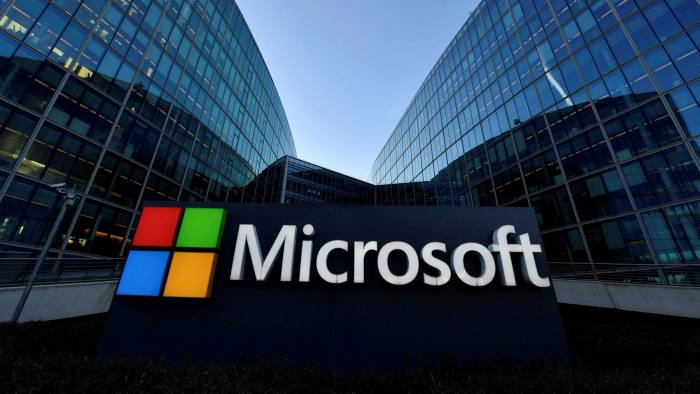The Windows operating system and the Office productivity suite have always been the most sought-after on all software piracy platforms. So it’s no wonder that Microsoft is working hard to establish anti-piracy measures.
In a new paper published by Microsoft’s research department, with input from researchers at Alibaba and Carnegie Mellon University, the Redmond-based software giant has explored a blockchain-based incentive system to support anti-piracy campaigns.
As the title of the research, “Argus: A Fully Transparent Incentive System for Anti-Piracy Campaigns,” suggests, Microsoft’s new system relies on the transparency of blockchain technology. Built on the Ethereum blockchain, Argus aims to provide a trustless incentive mechanism while protecting the data collected from the open anonymous population of hacking reporters.
“We see this as a distributed system problem” the paper states. “In the implementation, we overcome a set of unavoidable obstacles to ensure security despite full transparency.”
Argus allows the source of pirated content to be traced through a corresponding watermarking algorithm, which is detailed in the paper. Also known as “proof of leakage,” each report of leaked content involves a procedure for hiding the information. Thus, no one other than the informant can report the same watermarked copy without actually possessing it.
The system also includes safeguards that reduce incentives and prevent an informant from reporting the same disclosed content multiple times under different aliases. “With the security and convenience of Argus, we hope that real-world anti-piracy campaigns will be truly effective by moving to a fully transparent incentive mechanism,” the report said.
Detailing the issue of Ethereum network fees, the paper explains that the team has optimized several cryptographic operations “so that the cost of reporting the hack is reduced to a cost equivalent to sending about 14 ETH transfer transactions to run on the public Ethereum network, which would otherwise be thousands of transactions.”
It’s unclear whether Microsoft intends to test the system in the real world. In theory, it works with a variety of media types, including images, audio files, and software.
That said, its effectiveness is unclear. The researchers “assume” that the deployed watermarking technology is tamper-proof, which is not always the case today.
Overall, it’s intriguing to see blockchain technology used to enhance rather old-fashioned piracy reporting campaigns. This idea isn’t entirely new, however, as South African company Custos had a similar idea several years ago.
According to Microsoft’s research, Argus is superior to Custos’ solution because it can assess the severity of piracy and the strength of the accusations. At the same time, they believe Argus is better than BSA campaigns because the reward payments are transparent.
The paper and the Argus system will be presented at the upcoming 40th International Symposium on Trusted Distributed Systems, which will be held virtually at the end of September.
Technology companies around the world are increasingly concerned about protecting intellectual property and combating digital piracy.


